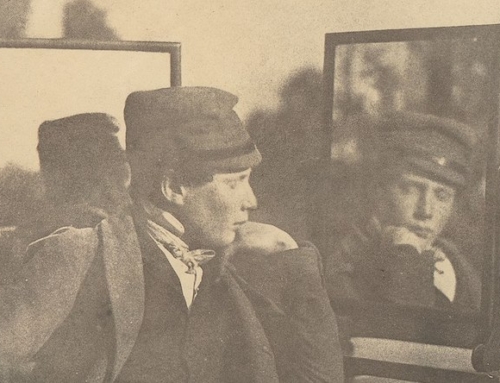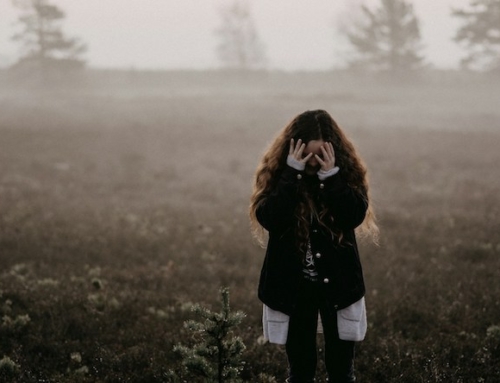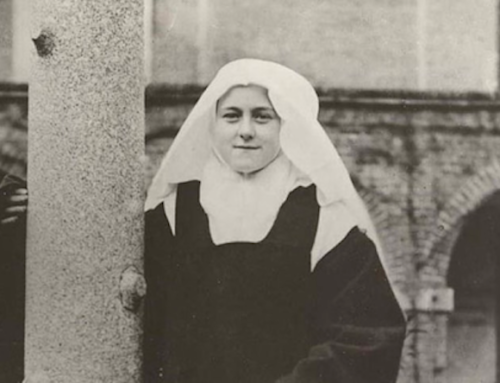I have found it difficult to believe that the Holy Spirit abides in people who wear masks.
According to medical professionals, wearing masks is an altogether acceptable and praiseworthy practice in order to contain the spread of COVID-19. To this, I have no real objection, nor would I want to offer an opinion to the contrary. And while I readily acknowledge that the purpose of mask-wearing is not to obscure but to protect; I am afraid that mask-wearing has further obscured the souls of others from view, even as it purports to protect their bodies.
If it were not for the opportunity of ministering in a parish, I might never have articulated my difficulty with masks in this way. For the first several months of the pandemic, I seldom left the priory; nor did I need (or want) to. But when the churches reopened and I spurned Zoom for the real thing, I was ill-prepared for what I found in the pews. In a word, I found masks, not faces. And after a few months of my being at the parish, I still encounter masks, not faces.
As I said before, I have found it difficult to believe that the Holy Spirit abides in people who wear masks. And this difficulty of mine is not, by any stretch of the imagination, the fault of those who wear a veneer upon their face. In fact, it is a salutary exercise to follow the counsel of medical professionals in a time of pandemic—as various prescripts are wont to show. The difficulty is entirely my own, brought on by a personal deficit with respect to the spiritual life.
To be sure, I find it rather easy to believe that the Holy Spirit abides in the souls of the just (those who are in a state of grace), when considered abstractly. But I find it very difficult to believe in the indwelling presence of the Holy Spirit, which is a most extraordinary doctrine of the Church (cf., CCC 260), when people are wearing masks. It is not the mask itself that bothers me, but the relative obscurity that the mask provides the one who wears it, for it renders such a person without a face, without a smile. And when the face is obscured, it becomes that much more difficult for me to believe that Another resides within my neighbor.
By analogy, I think we often find it difficult to believe that the Holy Spirit abides in people who are not, for lack of a better term, picturesque. When I think of the Holy Spirit dwelling in the soul of a blue-collar worker, I immediately think of a special kind of steelworker; more specifically, I think of the Holy Spirit dwelling in the soul of a Pittsburgher who sports an open shirt and stands for truth and justice both within and without the factory. I do not, at least ordinarily, think of the Holy Spirit dwelling in the soul of a man who works at the post office or the subway station. For whatever reason, it is far more difficult—at least for me—to see the Holy Spirit dwelling in the souls of those who lack the pronounced, Christian qualities of the aforesaid Pittsburgher.
Suffice it to say, we cannot depend on appearances in order to know that the Holy Spirit dwells in the souls of others, and this holds especially true for those who wear masks. Even if the populace were to adopt so-called “clear masks,” the real thrust of my concern would still not be addressed. It is not a matter of simple sight; it is a matter of seeing that gives way to believing in the goodness of God, who has deigned to dwell in the souls of others by sanctifying grace.
I have found masks to be something of a hindrance in this movement from seeing to believing; better yet, I consider masks a further hindrance. Even before COVID-tide, it was an act of faith to recognize the presence of the Holy Spirit in the souls of the just. And since mask-wearing is here to stay, this added difficulty of mine (and perhaps of yours) is going nowhere, either.
✠
Photo by Markus Winkler on Unsplash







